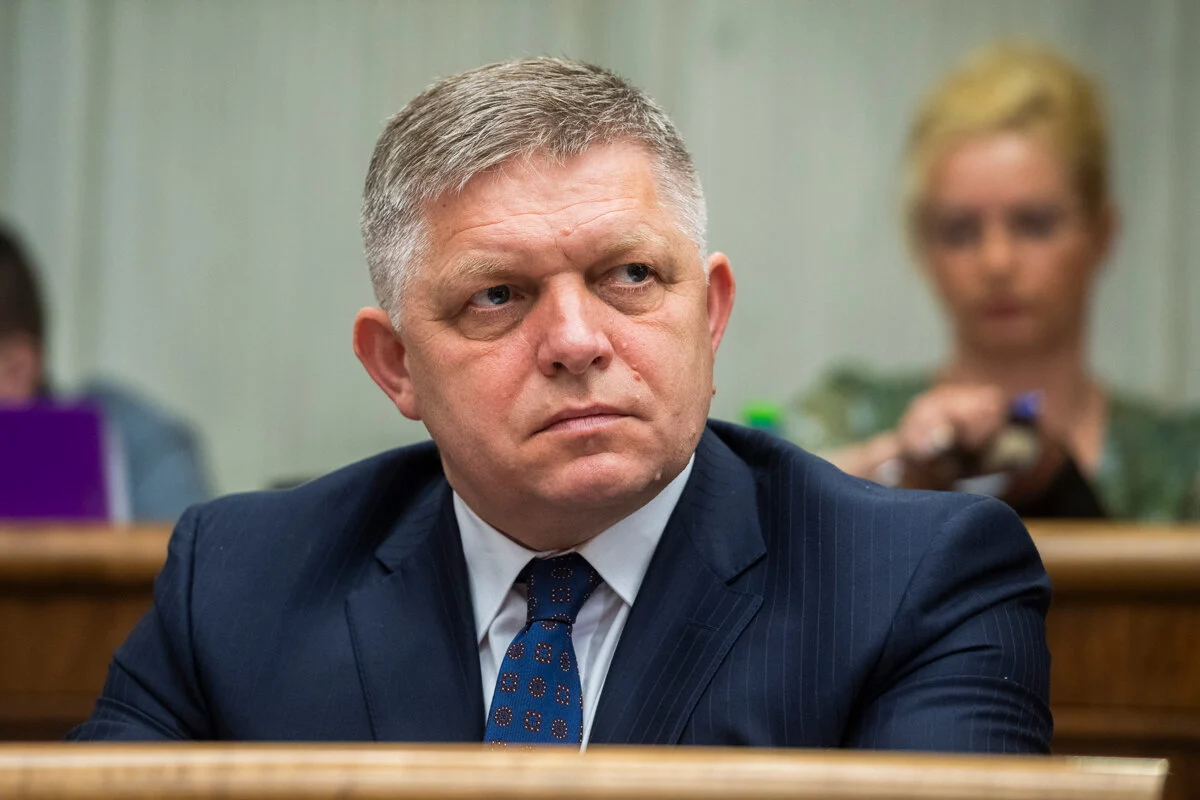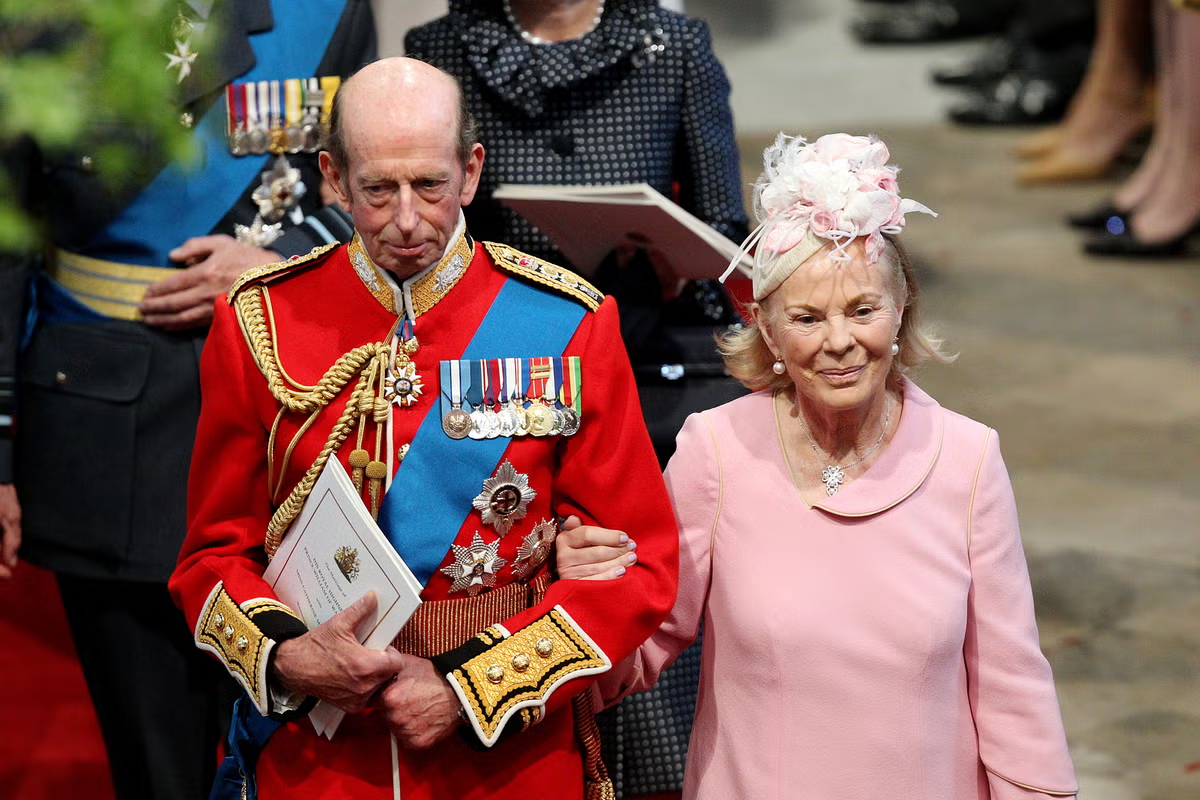In a development that has raised concerns in Western quarters, Slovakia’s former prime minister, Robert Fico, known for his pro-Russia stance and campaign promise to halt military aid to Ukraine, has emerged victorious in the recent election.
As the election results currently stand, with nearly 99.98% of voting districts reporting, Fico’s SMER-SSD party has secured almost 23% of the vote, making it the leading party. In second place is the Progressive Slovensko (Progressive Slovakia, PS) party, with nearly 18% of the vote.
This electoral outcome places Fico in a strong position to initiate discussions aimed at forming a government, while his liberal rival has expressed intentions to seek alliances to prevent Fico’s return to power.
Assuming Fico receives a political mandate from President Zuzana Caputova to attempt to build a majority coalition and establish a government, this could have significant ramifications. A government led by Fico and SMER-SSD may potentially align Slovakia with Hungary in challenging the European Union’s consensus on supporting Ukraine, at a time when the EU seeks to maintain unity in its stance against Russia’s actions in Ukraine.
The election results, where SMER-SSD may require coalition partners to govern effectively, positions the moderate leftist HLAS (Voice) party, which finished third, as a pivotal player in the process. HLAS leader Peter Pellegrini, who has indicated policy alignment with SMER-SSD in the past, stressed the importance of forming a stable coalition and prioritizing policy agenda during negotiations, which could extend over several days or weeks.
Seven political factions have met the electoral threshold to secure seats in the upcoming parliament. As the party with the highest vote share, SMER-SSD is likely to receive the first opportunity to form a government. It may seek support from the nationalist, pro-Russia Slovak National Party and HLAS to achieve a majority.
It is noteworthy that HLAS did not make Ukraine a central campaign issue, focusing instead on ammunition supplies for Slovakia’s defense industry. Their party program also supports a united EU stance against Russia’s invasion of Ukraine.
A government led by Fico would mark a further shift away from political liberalism in central Europe, a trend that could be amplified if Poland’s ruling conservative Law and Justice (PiS) party also succeeds in an upcoming election.
Fico has cultivated close ties with Hungary’s leader, Viktor Orban, who congratulated Fico on his victory via social media. Orban’s message indicated a willingness to collaborate, emphasizing shared patriotic values and opposition to perceived impositions of social liberalism from Brussels.
On the other hand, PS, a liberal party advocating green policies, gender rights, deeper European integration, and human rights, is also contemplating forming a coalition with HLAS.
PS leader Michal Simecka expressed concern about SMER-SSD’s victory, describing it as “very bad news for Slovakia” and pledging to do everything possible to prevent Robert Fico from assuming power in Slovakia. The political landscape in Slovakia is poised for further developments and negotiations in the days and weeks to come.



